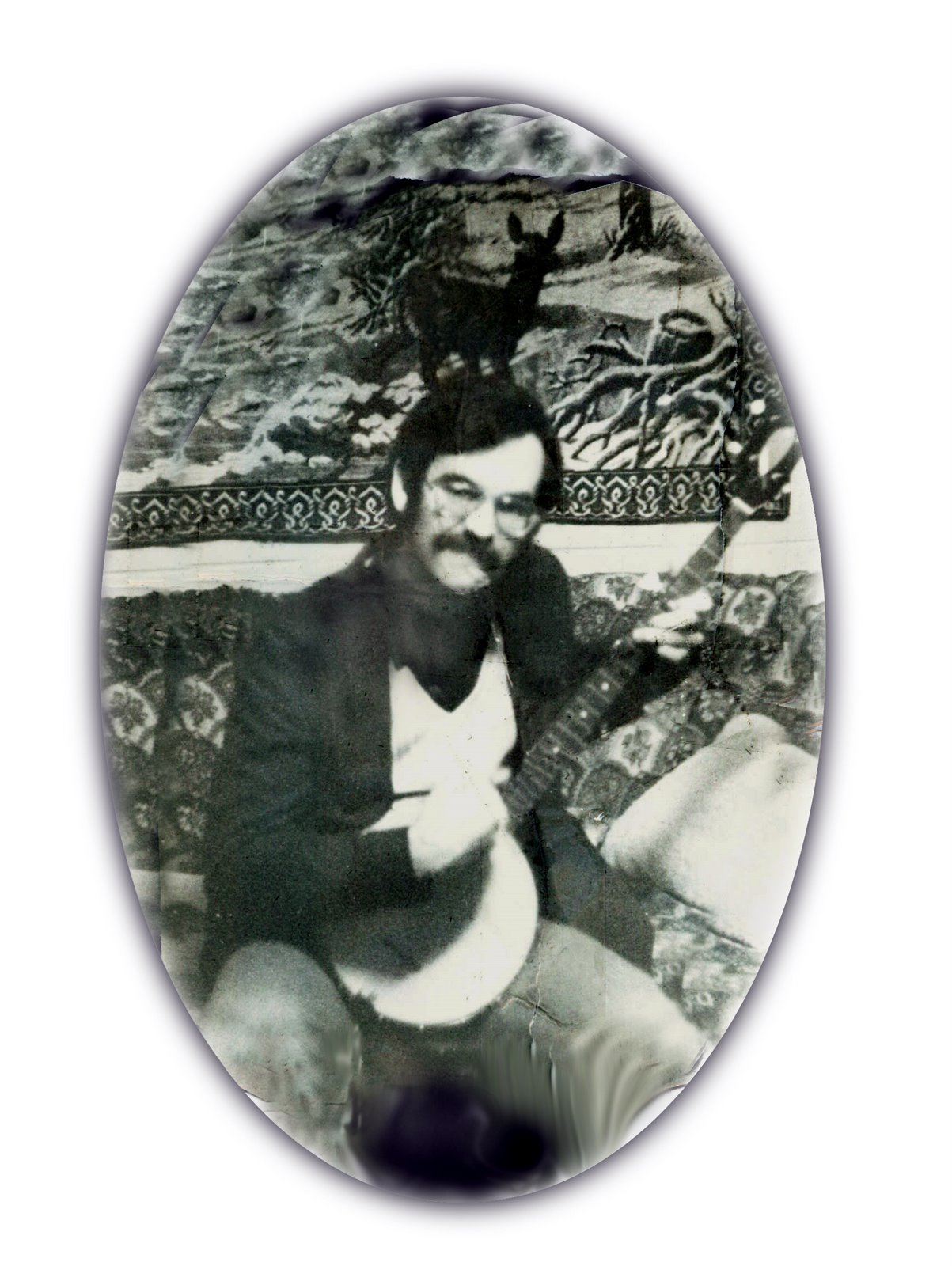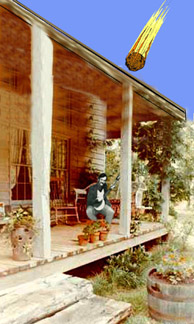It's funny that I've always been drawn to folks who were advocates for the poor, downtrodden and oppressed. I became an advocate myself over the years despite the fact that I'm a died-in-the-wool conservative on issues like taxation, the war in Iraq and the size of government. I like folk singers, activists and do-gooders, even though we argue violently over politics. Someone once said I should explode from the sheer contradiction between my work for seniors, children, people with disabilities and low income families and my right wing views.
Me, I never have understood the lure of left wing socialism and communism for advocates of human rights and freedom and practitioners of the Golden Rule - other than that the left has always portrayed itself as the opposite of the bigots of the times.
But pretending to be a friend of the workers is something much different than being a friend of the workers. I never got Communism as it has been practiced since the days of Lenin and Stalin or socialism as practice by Hitler, Castro, Pol Pot, Kim Jung Il and half-heartedly by much of Europe today. To me a system that tries to legislate equality by taking away freedom is a serious mistake. For that matter so is a system that denies equality in the name of majority opinion disguised as freedom. Both extreme left and right have real problems doing both freedom AND equality at the same time. It's either "freedom for me, but not you" or "equality for me, but not you". They can't seem to find a system that works well for guaranteeing both freedom AND equality. I suppose that's because freedom is easier to legislate than equality. It's easier to enforce a person's right to do what he wants than it is to force everyone to treat others as equals I guess. You can't write a law upon the heart. Only God can do that.
If you remember 7th grade, you know what I'm talking about - especially if you were a geeky 90 pounder with glasses and good grades. Junior High was a socialist system if there ever was one.
I love the guys that marched for civil rights - don't get me wrong. I marched with them.
But as soon as they start advocating the passage of laws that arbitrarily take from some and pass it to others while creating a permanent elite to tell everyone what to do, they lost me. Such a system, however idealistic, only kills individual exceptionalism and discourages people from exceling at their chosen pursuits, just as it did in junior high. Did we learn nothing in school people!
That's what the cheerleaders and jocks did in junior high and high school. It was not an equitable system.
It was socialism at its ugliest. Some were always more equal than others, however much they talked about what was "fair" for everybody else. There was an elaborate unspoken legal system in junior high in which everyone was allowed to participate equally as long as no one stuck his or her head up out of the crowd and did anything spectacular.
Exceptional effort was always seen as "unfair" in the tribal world of pubescence. The consequences of doing better than your peers at anything (unless you were one of the privileged class) were often painful for the poor geeks that tried it. I remember. I have the scars.
My favorite activist story was told me by my Uncle Art. There was a boy in his 8th grade class named Chester. He stood nearly 6 feet tall and weighed close to 190 pounds. He was a gentle soul in a large body. He never fully fit in with the elite social crowd although they respected him. Instead, Chester made friends with the smaller, geekier kids in the class, treating them with the respect that he, himself received from everyone due to his size and athletic prowess.
One of the chosen few decided one day after lunch to torment one of the boys. My uncle was the 8th grade teacher (it was a small parochial school). He had a firm rule against fighting and in those primitive days, he gave swats to both combatants when a fight broke out. That day, when he came out to supervise the playground, he found Chester standing in front of a small boy shielding him from the larger, more popular boy. Words were exchanged. The jock told Chester he couldn't always protect the 'little punk'! To demonstrate that he could, indeed, defend his friend, even if he were not around, Chester instantly flattened his opponent (an early form of the proactive defense policy later practiced by the Bush administration in Iraq). In so doing, he delivered a very effective message to the bully in question that there would be consequences for tormenting Chester's friends, even if Chester weren't around. The lesson was not lost on the bully as he lay stretched out in the dirt contemplating the clouds spinning overhead.
Uncle Art broke up the one-sided fight and took Chester inside as the instigator. The other boy was released on the grounds he had never hit anyone. My uncle didn't want to punish Chester. He liked the boy. Also, Art Bell was one of those teachers that paid attention and knew what was going on in his school. He knew Chester was defending his smaller friend from a boy known to bully the smaller kids. To avoid spanking him, my uncle offered Chester 3 days of after school detention as an alternative to taking 3 swats.
Chester pulled himself up straight,
"I'll take the swats, Mr. Bell," he said firmly. "I knew I was going to get 'em when I hit him." You hear parents say, "This is going to hurt me worse than it does you." You never really believe that, but Uncle Art says he really suffered as he delivered the swats. He didn't take any of the heat off them either. The rest of the school would have known if he went easy on Chester and he would have become less effective as an impartial arbiter of justice. Chester took it without flinching. When it was over, he wiped away a tear, said, "Thank you, Mr. Bell." and left the room with his head high.
Word quickly got round the class that Chester would not only pound you, but would also didn't mind taking a whipping for it if you messed with his friends. My uncle said it was one of the most peaceful school years he'd ever experienced as a teacher.
Now that's my kind of advocate!Just one man's opinon.
Tom










